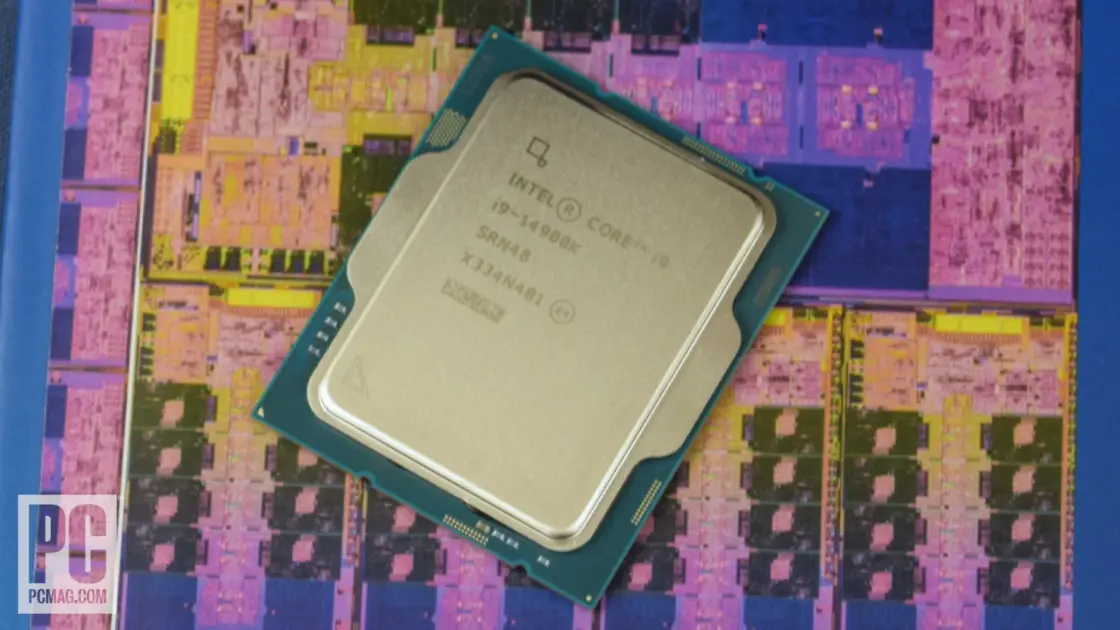Alderon Games, an Australian studio, has accused Intel of selling defective CPUs that are causing repeated crashes and memory corruption problems for both customer PCs and game servers. The studio claims that Intel’s 13th and 14th generation Core desktop CPUs are failing at a nearly 100% rate over time.
The studio has observed thousands of crashes from customer PCs with the affected Intel chips, as well as constant crashes on their game servers. In response, Alderon Games is switching all their servers to AMD processors, which they claim experience 100 times fewer crashes compared to the allegedly defective Intel CPUs.
Intel has not yet commented on the allegations but previously acknowledged investigating issues with the affected desktop chips. The company attributed part of the problems to motherboard BIOS settings running the chips at elevated voltage input levels.
Despite Intel’s attempts to address the issues through microcode updates and BIOS patches, Alderon Games insists that the problem remains unresolved. Other developers have also reported similar stability issues with select 13th and 14th generation Intel CPUs.
In light of these allegations, PC builders are advised to hold onto their box in case they need to return any potentially faulty Intel CPU for a refund. Meanwhile, Intel continues its investigation into user reports regarding instability issues on their Core 13th and 14th generation desktop processors.
A game developer has accused Intel of selling defective CPUs that are causing an unusually high number of crashes in their games. The developer claims that the crashes are not due to flaws in their own software, but rather in the Intel CPUs themselves. This accusation raises concerns about the quality and reliability of Intel’s products, as well as the impact that these issues may have on the gaming community. Intel has not yet responded to these accusations, but this controversy underscores the importance of ensuring that hardware components are thoroughly tested and free of defects before being released to the public.

